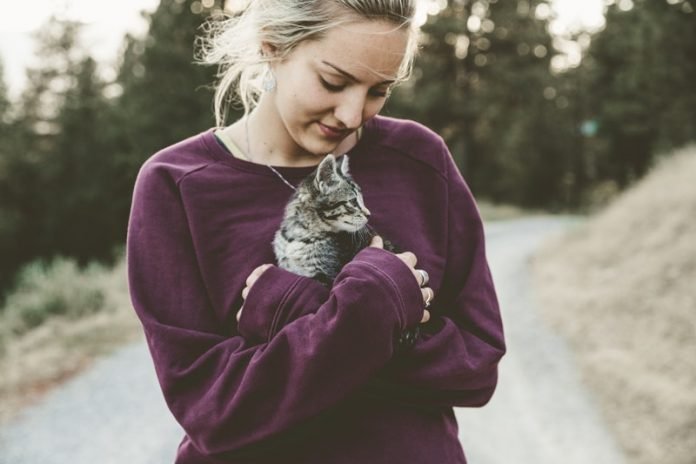
Lockdowns, job losses and social isolation have been the hallmarks of 2020 as COVID-19 tightens its grip on the world, not only infecting millions and leaving a mounting death toll but also denying humans the most basic sense—touch.
In the absence of human-to-human contact, in millions of households worldwide, animals have stepped into the breach for many people, providing much-needed comfort via cuddles, pats and a constant physical presence.
In a new study, researchers point to the lifesaving role that pets have played in 2020 and why governments need to sit up and take notice.
They found how pets have a crucial role to play in an era where human-human contact can be life endangering.
The research was conducted by a team at the University of South Australia.
Physical touch is a sense that has been taken for granted—even overlooked—until COVID-19 visited our door earlier this year.
To fill the void of loneliness and provide a buffer against stress, there has been a global upsurge in people adopting dogs and cats from animal shelters during lockdowns.
Spending on pets was already hitting record levels, topping $13 billion in Australia and in the region of US$260 billion globally in 2020, but this is bound to be surpassed.
It is estimated that more than half the global population share their lives with one or more pets.
The health benefits have been widely reported, but little data exists regarding the specific benefits that pets bring to humans in terms of touch.
In interviews with 32 people, more than 90% said touching their pets both comforted and relaxed them—and the pets seemed to need it as well.
Examples of dogs and cats touching their owners when the latter was distressed, sad, or traumatized were cited.
Many people referenced pets’ innate ability to just “know” when their human counterparts weren’t feeling well and to want to get physically close to them.
Not just dogs and cats either. Interviewees mentioned birds, sheep, horses and even reptiles who reciprocate touch.
The team says in the era of COVID-19, social distancing, sudden lockdowns and societal upheaval, pets may be the only living beings that many people are able to touch and draw comfort from.
Hospitals, hospices and aged care facilities should be encouraging pet connections with residents.
One author of the study is Dr. Janette Young.
The study is published in The Journal of Behavioural Economics for Policy.
Copyright © 2020 Knowridge Science Report. All rights reserved.



